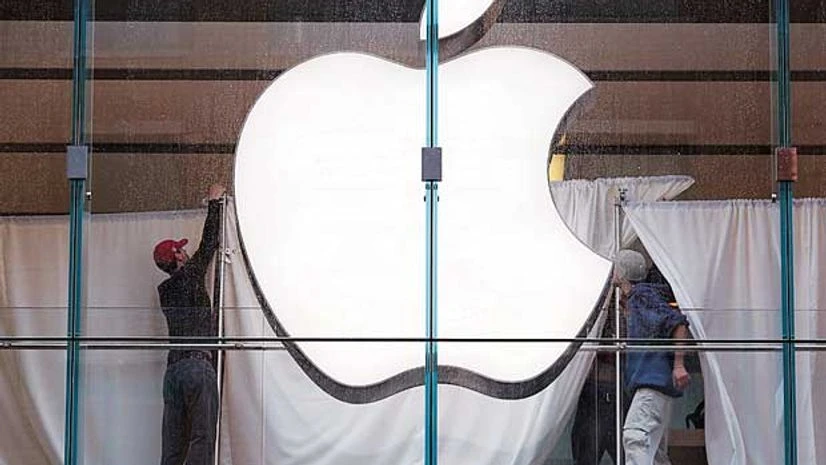The White House has expressed concern over the European Union asking Apple to pay $14.6 billion in back taxes to Ireland, saying the burden would ultimately affect the American taxpayers.
"...The kinds of payments that were contemplated by the EU decision are merely a transfer of revenue from US taxpayers to the EU. I think that is the crux of our concerns about the fairness of this kind of approach," White House Press Secretary Josh Earnest told reporters at his daily news conference yesterday.
Such a measure wouldn't be fair to US taxpayers, he said.
The EU had said Apple had avoided virtually all tax on its business in the bloc by illegal arrangements with Dublin which gave the company an unfair advantage over competitors, according to media reports.
Earnest said the US shares the goal articulated by the EU of preventing unfair erosion of the tax base.
Also Read
"We don't have an interest in seeing European taxpayers or the European economy suffer from the erosion of their tax base, and we're certainly going to do everything we can to prevent that from happening here," he said.
The Press Secretary cautioned against "unilateral" measures by the EU, that "threaten to undermine" collaborative progress they have made to make the international taxation system fair.
"And when I say 'fair', I mean fair primarily to taxpayers, but also fair to companies that are trying to do business around the world. That ultimately benefits the economies in countries on both sides of the Atlantic.
"If there are concerns that the Europeans have about some of these international mechanisms, then we should continue to make progress by working through those issues jointly as opposed to a more unilateral approach, like a state aid investigation," he said.
"The issue is that the consequences for that transfer would be that it could be treated in the US tax system as a current tax payment that would allow Apple to deduct that EU tax payment from their US taxes," he said.
In a statement, the Department of Treasury said retroactive tax assessments by the EU Commission "are unfair, contrary to well-established legal principles and call into question the tax rules" of the individual countries in the EU.
The department said the ruling could threaten to undermine foreign investment and business climate in Europe besides affecting the "spirit of economic partnership between the US and the EU".
In a letter on the company's website, Apple CEO Tim Cook said the company never asked for or received "special deals" on its taxes from Ireland. Apple plans to appeal against the EU decision.
Information Technology Industry Council president and CEO, Dean Garfield also expressed concern over the move, saying the imposition of unforeseeable and retroactive penalties, risks chilling transatlantic commerce and investment and growth in the EU at the expense of US taxpayers.

)
